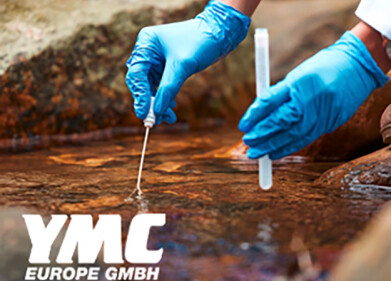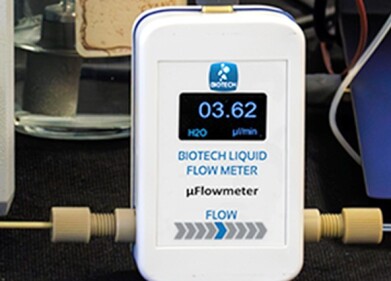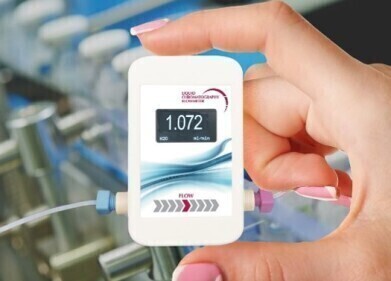-
 MS profiling accuracy improved with empirical Bayes model
MS profiling accuracy improved with empirical Bayes model
HPLC, UHPLC
Empirical Bayes model used to improve MS
Oct 12 2011
In a study published by BMC Bioinformatics, a team from Indiana University noted that in recent years MS-based metabolite profiling has been increasingly popular for scientific and biomedical studies due to technological developments such as comprehensive two-dimensional gas chromatography time-of-flight mass spectrometry (GCxGC/TOF-MS).
However, in spite of its regular use, the identifications of metabolites from complex samples are subject to errors.
So the scientists used an empirical Bayes model to improve the accuracy of identifications and limit false positives.
"With a mixture of metabolite standards, we demonstrated that our method has better identification accuracy than other four existing methods," the report stated.
It claimed that the results revealed that hierarchical model they used improves identification accuracy as compared with methods that do not structurally model the involved variables.
The study suggested that this is likely to facilitate downstream analysis such as peak alignment and biomarker identification.
Posted by Ben Evans
Digital Edition
Chromatography Today - Buyers' Guide 2022
October 2023
In This Edition Modern & Practical Applications - Accelerating ADC Development with Mass Spectrometry - Implementing High-Resolution Ion Mobility into Peptide Mapping Workflows Chromatogr...
View all digital editions
Events
Jan 20 2025 Amsterdam, Netherlands
Feb 03 2025 Dubai, UAE
Feb 05 2025 Guangzhou, China
Mar 01 2025 Boston, MA, USA
Mar 04 2025 Berlin, Germany


.jpg)








